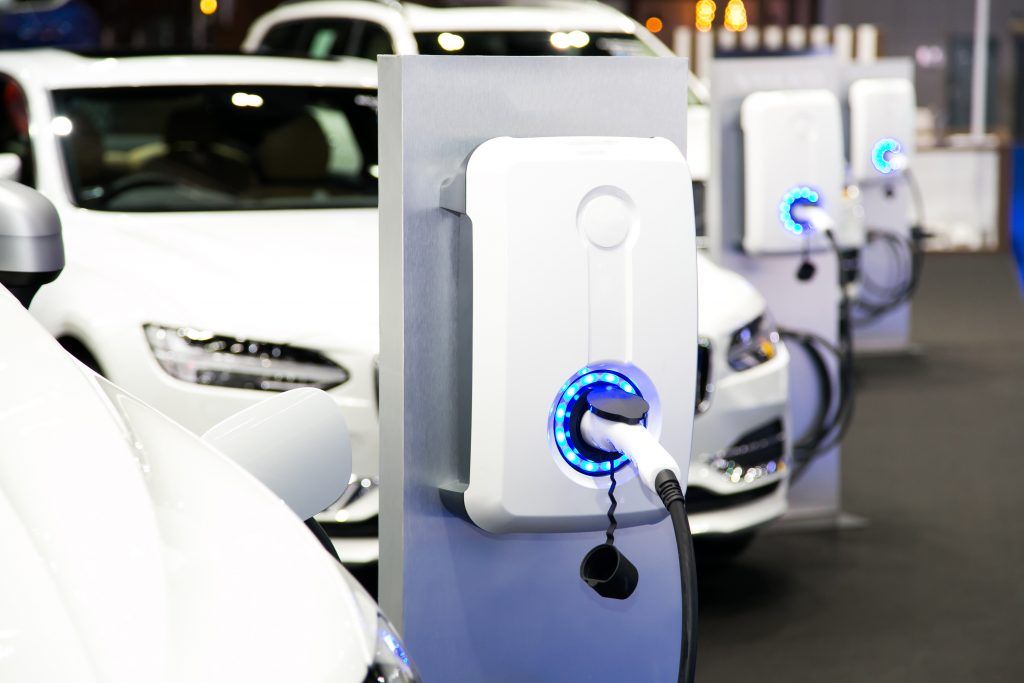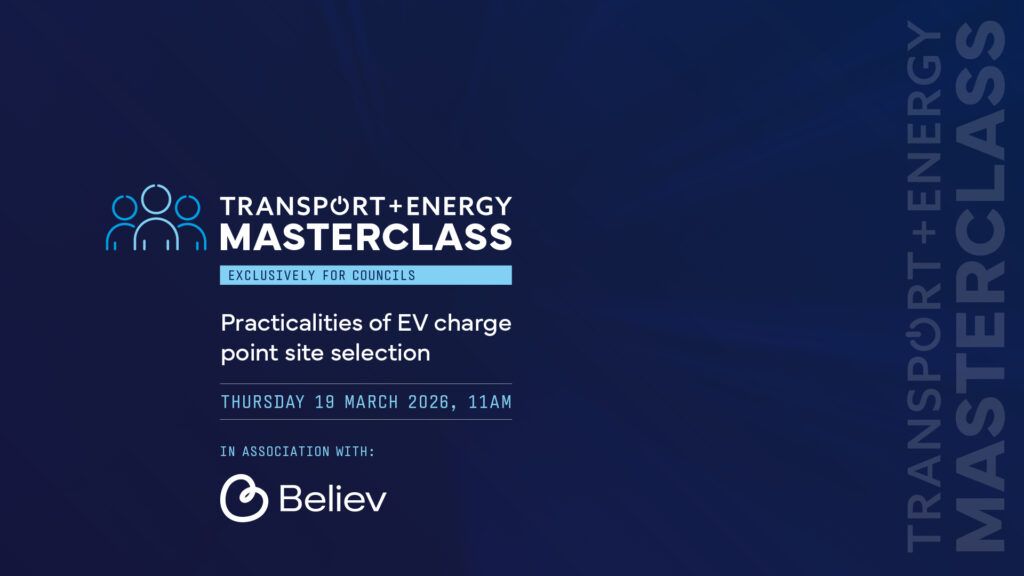An over reliance on public electric vehicle (EV) charging infrastructure could pose a critical barrier to the UK’s EV transition, according to new data from ChargeGuru UK.
This issue is particularly problematic for flat residents – which currently make up over five million people – with over 70 per cent reporting that they are, or would be, completely reliant on public charging. This, coupled with the fact that 53 per cent of drivers living in flats are not aware of private charging solutions available to them, is stagnating the EV transition.
The UK is under pressure to meet strict EV adoption targets, with the Labour Party committed to restoring the 2030 ban on the sale of new petrol and diesel cars, introducing a reinvigorated focus on the transition. These targets are critical for reducing carbon emissions and combating air quality issues. If accessibility to charging infrastructure – both public and private – does not improve rapidly, the ability to reach these critical environmental and policy goals will be severely compromised.
According to the data, which surveyed flat residents and property managers across the UK to understand their opinions on the EV transition, almost half (40 per cent) of residents say the switch to EVs is more challenging due to their living situation. Unlike those with private driveways, flat residents often lack the convenience of personal parking spaces equipped with EV chargers, making them heavily reliant on public charging infrastructure.
Regionally, the challenge is even more pronounced. In cities such as Brighton (59 per cent), Leeds (50 per cent), Liverpool (53 per cent), and Norwich (60 per cent), over half of flat residents report that their living situation significantly complicates the switch to EVs.
While only one in ten flat dwellers currently drive an EV, the landscape is set to change dramatically. Over half (53 per cent) are hoping to switch to an EV in the coming years, with 27 per cent intending to do so within the next one to two years. This figure rises to 34 per cent among 25 to 34-year-olds, indicating a growing trend towards electric mobility among younger generations.
Denis Watling, Managing Director, ChargeGuru UK, comments:
“These insights underscore the urgent need for property managers to work alongside residents and the industry to provide, or at least provide for, residential EV charging infrastructure. There is clearly an appetite among flat residents to get on board with the EV transition, but the fact remains that to do so effectively, there must be significant improvements in private residential EV charging options. People who live in flats represent a significant segment of the population – over five million people – and their challenges in accessing convenient and affordable charging solutions risk holding back the broader transition to EVs.
“The good news is that government support is readily available for property managers to install, or provide for, EV charge points at subsidised rates. At ChargeGuru, we are on a mission to engage property managers to enable them to become key facilitators of the EV transition and, ultimately, of the UK’s journey to net zero. With our zero-cost solution for freeholders and property managers; we are committed to addressing these barriers and supporting the UK’s path towards a more sustainable and accessible electric mobility future.”
Image courtesy of Shutterstock.












